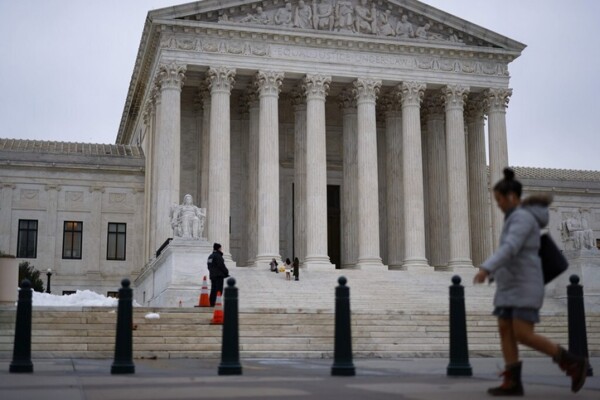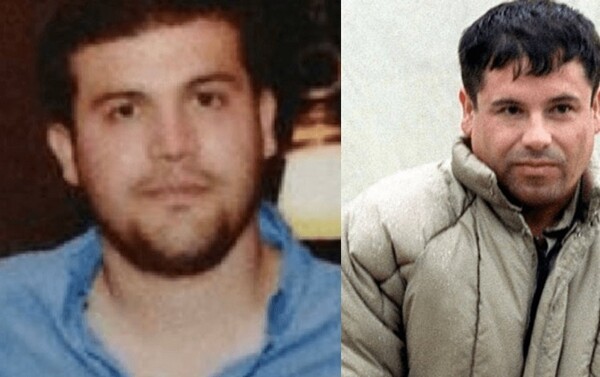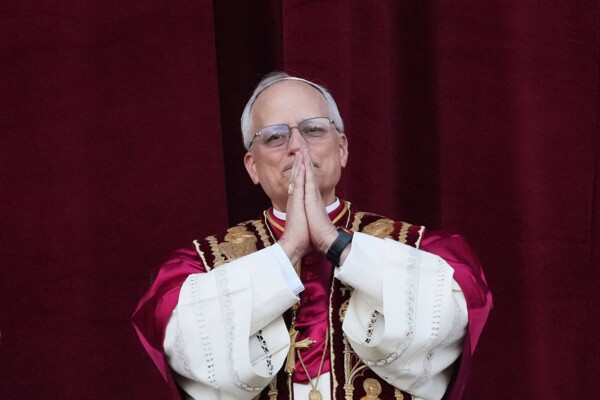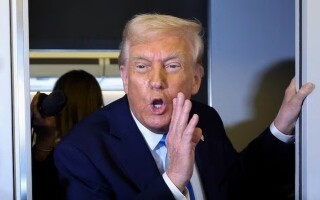
On Monday afternoon, calm enveloped Little Village, a neighborhood in Chicago that resembled a ghost town. Over the weekend, rumors about possible migrant raids in the city, following the inauguration of President Donald Trump, spread anxiety among residents and merchants. The fear intensified with Trump's inaugural address, which promised strong actions against migrants, and due to the extreme weather conditions that kept people sheltered in their homes.
The 2-mile stretch on 26th Street, known to be one of the busiest commercial corridors in Chicago, was notably affected by the reduced presence of pedestrians. Jennifer Aguilar, leader of the local chamber of commerce, pointed out that the decrease in foot traffic reached up to 50 percent in the area, generating concern among the owners of approximately 400 businesses. "It’s going to be disastrous," Aguilar expressed in an interview, referring to the potential negative economic impact looming ahead.
The intense scenario became even bleaker considering the potential deployment of mass raids that would affect millions of people. The American Immigration Council estimated that an operation of this magnitude would require at least 315 billion dollars, warning that this figure could realistically be even higher. This situation could jeopardize tax revenues in places like Little Village, essential for maintaining public services and safety in the city.
According to Mike Rodriguez, councilman of district 22, which encompasses Little Village, commerce in the area had drastically declined, with vendors experiencing a 60 percent drop in their sales. The fear of interacting with Immigration and Customs Enforcement (ICE) paralyzed residents, causing a palpable economic impact in the region and an atmosphere of widespread uncertainty.
On the other hand, the fear of mass deportations and uncertainty about the future of migrants were triggering a series of negative economic consequences. Cities like Chicago and New York were facing the challenge of sustaining housing and food costs for this population, compounded by the impact of absent workers and closed businesses. Rebecca Shi, executive director of the American Business Immigration Coalition, emphasized the importance of the economic contribution from communities like Little Village and the potential long-term effects of a crisis like this.
Warnings were materializing with Trump's rapid actions, as he took measures to fulfill his campaign promises following his inauguration as President of the United States. From ending birthright citizenship to mobilizing troops at the border, Trump's policies created uncertainty and tension. Despite reports of possible raids in Chicago, authorities seemed to be reviewing plans, leaving the third-largest city in the country in a state of constant alert and growing fear.














